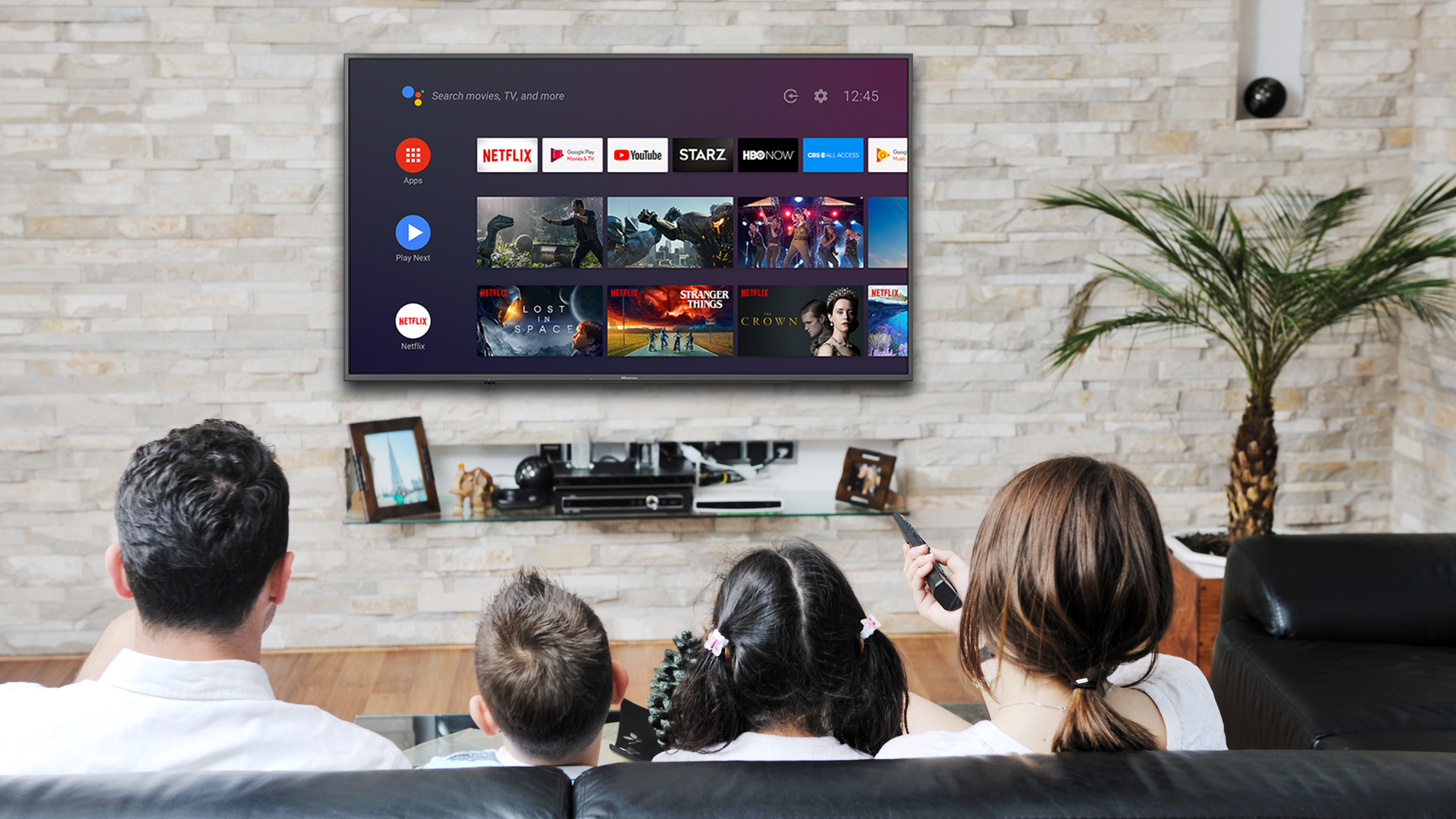Internet Protocol Television (IPTV) has drastically changed the TV scene by providing a revolutionary way to deliver content to viewers around the globe. As opposed to broadcasting techniques, IPTV uses internet protocols for streaming television programming and on-demand content directly to the devices of viewers. This transition from traditional broadcasting to online-based delivery has brought new levels of convenience and flexibility that are changing how audiences consume media. As IPTV develops is expected to revolutionize the television industry's future but also presents new issues and opportunities to both the viewers and providers.

The emergence of IPTV signifies a big change from the traditional broadcasting of television. Traditional television is based on scheduled programs that are broadcast via cable or satellite networks. They restrict viewers to watching programs at certain times. However, IPTV leverages high-speed internet connections to stream content directly to users' devices. The technology allows users to enjoy a variety of on-demand content, such as live TV, movies and filmed shows. Being able to stream video on various devices, like smart TVs, tablets, smartphones, as well as computers, has made IPTV an appealing choice for the modern, on-the-go audience. This flexibility has been a key driver in increasing the popularity of IPTV, offering a more personal and efficient viewing experience.
One of the major benefits for IPTV is the degree of individualization that it provides. Unlike traditional television, which broadcasts programming according to the same schedule, IPTV provides a vast selection of streaming content viewers are able to access at any comfort. They often offer functions like catch-up TV which lets users catch up on shows they have missed, as well as video on demand (VOD) is a service that offers an array of films and TV shows available for immediate viewing. Additionally, advanced algorithms and the data of users enable IPTV providers to offer customized recommendations that enhance the experience of viewers by suggesting content that meets the viewer's preferences and habits of watching. This degree of personalization is what sets IPTV above traditional broadcasting and is a major draw for consumers.
Despite its advantages iptv is not without its issues, mostly related to regulation and infrastructure. A reliable, fast internet connection is necessary to allow IPTV to function smoothly, this can prove a challenge in areas that have poor broadband. Additionally, the high volume of data of streaming could strain network that could cause problems with quality and buffering. Also, regulatory concerns are aplenty because IPTV operates in a complex legal landscape with various rules in different countries. Issues such as content licensing as well as piracy and the privacy of personal data are all major issues which need to be addressed. Providing a stable, reliable internet infrastructure and understanding the regulatory environment are essential to ensure the continued progress and development of IPTV. To acquire additional information please try this web-site

Impact on economics of IPTV is substantial which is significant to the media and entertainment sector. It generates significant revenue by way of subscriptions, pay-per-view services, as well as targeted advertisements and offers lucrative opportunities for producers of content, tech developers as well as service providers. Furthermore, IPTV has democratized content distribution, enabling independent and smaller creators to connect with global audiences without the need for traditional broadcasting infrastructure. But, the shift challenges traditional business models, posing challenges for established media companies and cable providers that have to adapt to a changing landscape or risk obsolescence.
IPTV has revolutionized the television industry by offering unparalleled convenience along with flexibility and richer television experience. Integration of cutting-edge technologies has made IPTV an attractive alternative to conventional TV, attracting a growing volume of customers around the world. The rapid expansion of IPTV has also brought challenges to infrastructure, regulation, and market dynamics which have to be addressed. As the industry continues change, all stakeholders need to work in concert to ensure good practices and guarantee the long-term sustainability of IPTV. When they approach these issues in a thoughtful manner, IPTV can continue to grow, altering the future of TV and presenting exciting potential for content creators as well as consumers.
